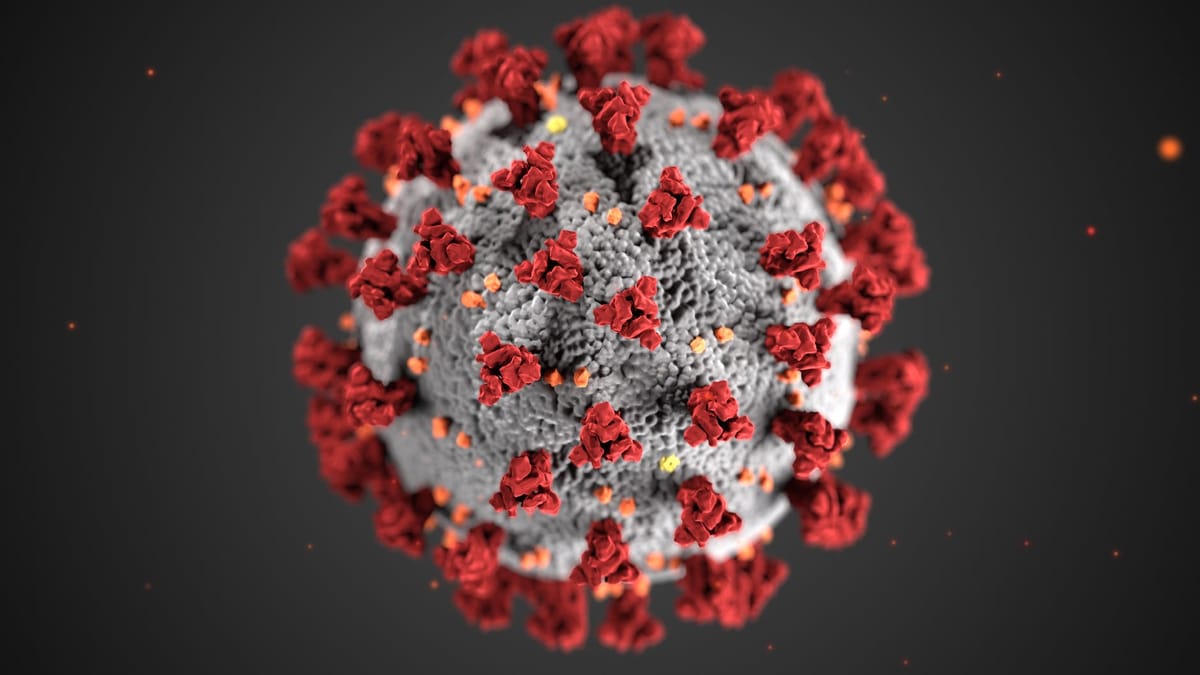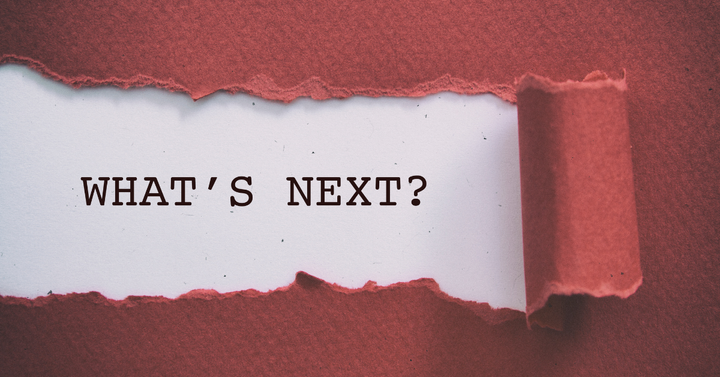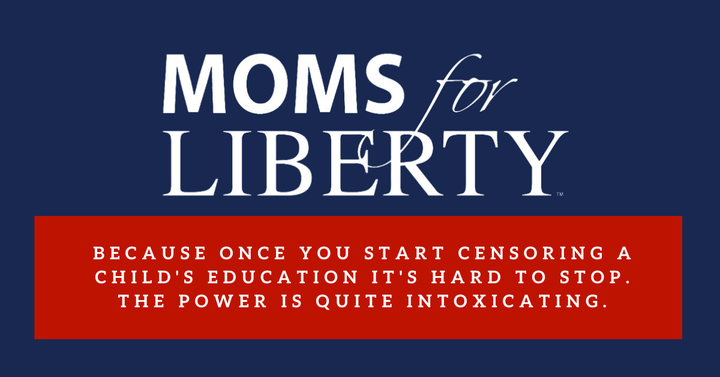State reports 3,878 new resident cases of COVID over 3 day period
Alaska DHSS has announced a weekend total of 4,025 new cases of COVID-19 in Alaska this morning.

Alaska DHSS has announced a weekend total of 4,025 new cases of COVID-19 in Alaska this morning. Of those new cases, 3,878 are new resident cases and 147 are non-resident cases. Of the total number of new resident and non-resident cases, 1,400 were reported as being in the Municipality of Anchorage.
The numbers were posted to the Alaska DHSS Dashboard prior to the state rolling out a new updated version of the dashboard this afternoon. I'm sure we'll be talking about the new dashboard "experience" soon.
A reported 215 patients are hospitalized with COVID-19 across the state and 36 COVID patients are on ventilators.
85% of the state's total number of adult ICU beds were reported as being in use this morning, with only 18 of those critical care beds available statewide. In Anchorage, 96% of the city's adult ICU beds were reported as being in use, with only 3 adult ICU beds reported as being available.
Hospitalizations in Anchorage dipped slightly from Friday's reported 113 to today's 110. Of today's reported 110 hospitalizations in the Municipality, 2 of those hospitalizations are being reported as pediatric patients.
Interestingly, the Municipal COVID Dashboard, which for over a year reported patients hospitalized suspected of having the virus, ceased reporting that data to its dashboard over the weekend. According to healthcare workers, patients suspected of having COVID are treated relatively the same as patients confirmed as having the virus and utilize many of the same resources COVID positive patients do. The Anchorage Health Department has not provided an explanation for the stealth reporting change it made to the dashboard over the weekend.
In the "Save Anchorage" group last evening, Assemblymember Jamie Allard stated that "the [hospitalization] numbers are already going down" at Alaska Regional Hospital. Allard wrote that her information came from an "outstanding doctor."
Allard, who has wielded COVID as a divisive political weapon, has increasingly rattled her supporters in the "Save Anchorage" group over the weekend, encouraging them to write to the Anchorage Assembly in opposition to a proposed ordinance introduced by Assembly members Meg Zaletel and Pete Peterson. The ordinance would require masks to be worn indoors and at large outdoor gatherings and is expected to be voted on at tomorrow's assembly meeting.
In a post made to "Save Anchorage" this morning, it was suggested that a new "theme" members of the group could adopt was that there could be "unintended consequences" for the assembly should the proposed ordinance be passed.
"[The] last time they [the assembly] overstepped, they lost city hall. That might get their attention," wrote a member of the group.
Mayor Bronson's narrow mayoral win likely had more to do with his campaign's "utterly confusing reports" that blinded the public.
Anchorage Mayor David Bronson has refused to enact any COVID-19 mitigation strategies which would slow the number of COVID patients streaming into Anchorage's three hospitals and has questioned whether the COVID pandemic was ever a pandemic.
Anchorage Democrat Representative Zac Fields said in recent days that until Alaska Governor Mike Dunleavy is able to reach his base who are being fed misinformation by right-wing sites such as Rumble and by people such as Suzanne Downing, Alaska's COVID case count will continue to grow and the number of "unnecessary deaths will continue to increase."
Dr. Eric Topol, a professor of Molecular Medicine at the Scripps Research Institute, said yesterday on Twitter that what was occurring in Alaska was a "tragedy," writing that Alaska had set a new case/population record for any U.S. state during the Delta wave, which was higher than any other country in the world.
The new "Anchorage Action" Facebook group has asked residents concerned about increasing COVID case counts and hospitalizations, to email the Anchorage Assembly ahead of tomorrow's regular meeting.
In January, a report released by the state Section of Epidemiology showed that COVID-19 restrictions enacted last year helped slow the spread of the coronavirus in Anchorage.


